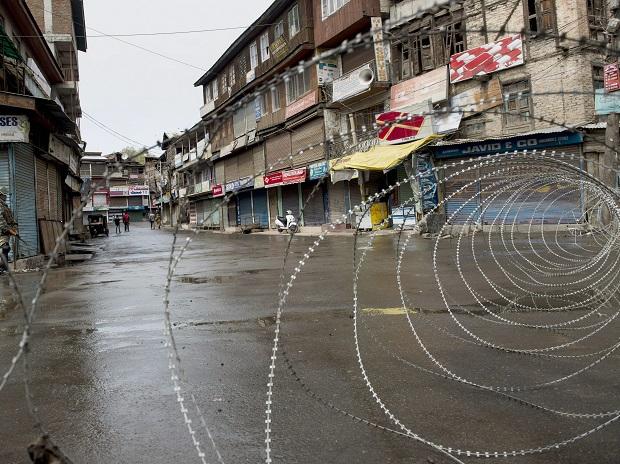Ramzan ceasefire ends: what it means for talks with separatists in Kashmir
The Centre's decision to call off unilateral ceasefire in Kashmir may have also brought down curtains on dialogue offer to the separatists
The Centre’s decision to call off unilateral ceasefire in Kashmir may have also brought down curtains on dialogue offer to the separatists who had sought clarity over the proposal before committing to any kind of engagement with New Delhi.
During his visit to the summer capital of Srinagar on June 7, Union home minister Rajnath Singh had dropped enough hints about extending the halt in anti-militancy operations beyond Ramzan, raising hopes within the state government of a possible breakthrough for talks with separatists.
In fact, the chief minister Mehbooba Mufti had twice made a passionate appeal to Hurriyat to take the talks offer saying “such opportunity doesn’t come time and again”.
But a sudden surge in militancy-related incidents during the last two weeks of Ramzan seems to have forced government of India to reconsider continuation of the ceasefire, thus putting a “premature end to any chances of dialogue at least in immediate future”.
‘Can’t speak to walls’
The J&K government spokesperson Naeem Akhtar didn’t mince words to state that the dialogue initiative was as good as over. “When there are no takers you don’t speak to the walls. They (separatists) are not ready to talk. What can one say? Either they are not masters of their politics or they are not interested in contributing towards peace in the region,” he said.
The chief spokesperson of ruling Peoples Democratic Party (PDP) Muhammad Rafi Mir explained further. He said the purpose behind the ceasefire was to break the cycle of violence and create an atmosphere for taking the peace initiative forward.
That never happened as militants continued with attacks on security forces, Mir said. “On the other side, the separatists remained adamant.

Comments
Post a Comment